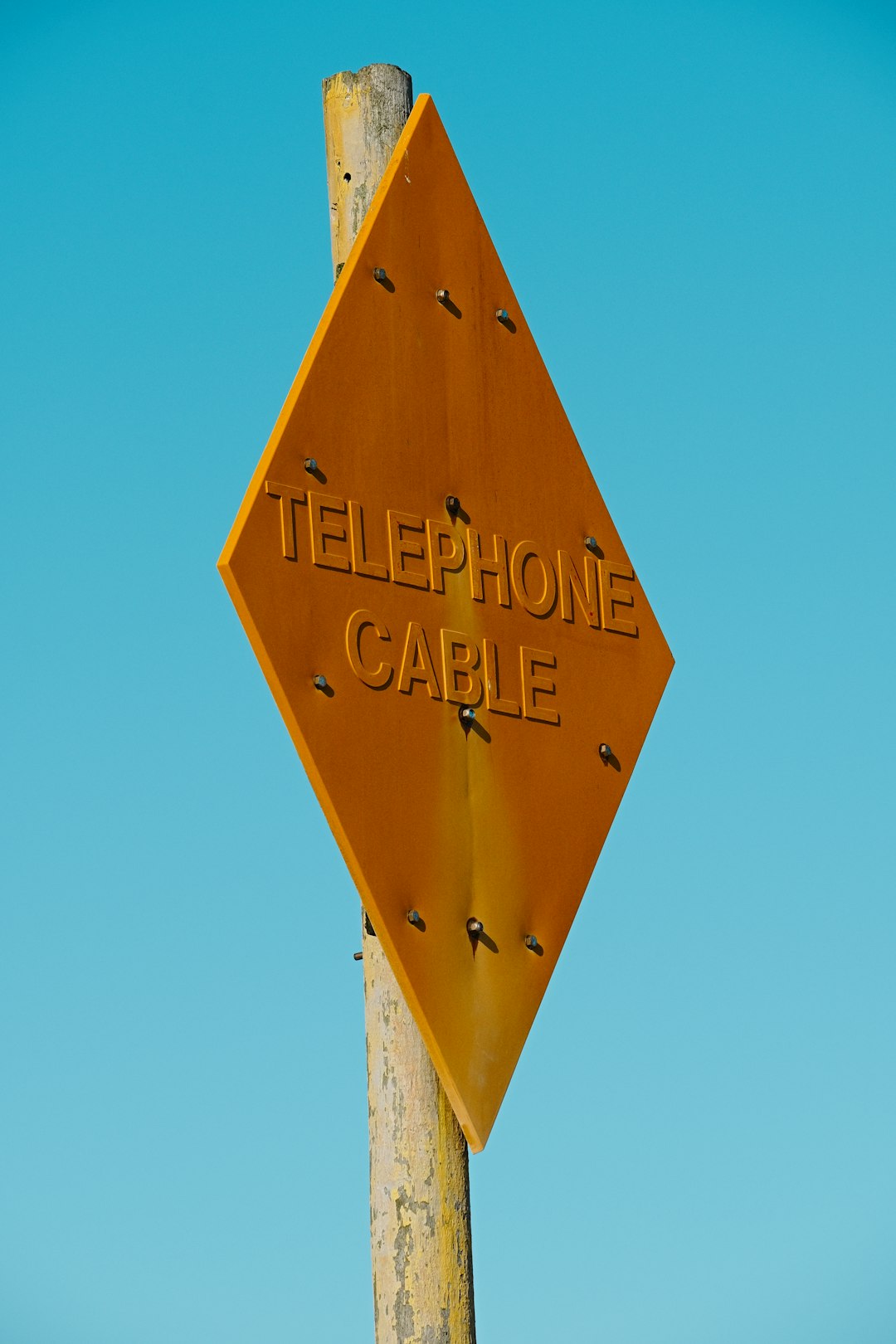In Maine, both state and federal laws, notably the CAN-SPAM Act and Telephone Consumer Protection Act (TCPA), regulate spam texts. Consumers can protect themselves by documenting messages, opting out via 'STOP' replies, or blocking senders. Non-compliance for businesses or individuals results in legal action, fines, and potential damages under Maine's Unfair or Deceptive Practices Act. Attorneys should stay updated on FCC regulations, establish robust consent mechanisms, document agreements, and keep detailed records to avoid issues and demonstrate compliance with Maine's spam texts laws.
In today’s digital age, Maine residents face an increasing onslaught of spam text messages, posing significant privacy and legal concerns. This article provides a comprehensive guide for both consumers and attorneys navigating the complex landscape of spam text laws in Maine. We delve into the rights of consumers, explore legal actions available against spammers, and offer strategic advice for attorneys handling these cases effectively. Understanding and enforcing Maine’s anti-spam text legislation is crucial to protecting citizens from unwanted and invasive messaging.
Understanding Spam Text Laws in Maine: A Comprehensive Overview

In Maine, the regulation of spam texts falls under the jurisdiction of both state and federal laws. The CAN-SPAM Act, a federal legislation, sets guidelines for commercial electronic messages, including spam texts. However, Maine has its own additional regulations that complement these federal rules. Understanding these laws is crucial for individuals and businesses alike to avoid legal repercussions.
Maine’s anti-spam laws aim to protect consumers from unsolicited text messages by establishing specific requirements for sending such messages. This includes obtaining explicit consent from recipients before sending any promotional or advertising spam texts. Moreover, senders must provide a clear opt-out mechanism, allowing recipients to easily stop receiving these messages. Non-compliance with these regulations can lead to legal action and significant fines.
Rights of Consumers: What to Do If You Receive Unwanted Spam Texts

If you’re in Maine and facing unwanted spam text messages, know that federal law offers protection for consumers. The Telephone Consumer Protection Act (TCPA) restricts how businesses can contact you via text, giving rise to your right to take action against spammers. When you receive these unsolicited texts, document the details: save the message, note the sender’s phone number, and keep a record of when it was received.
You have several options to deal with spam texts. You can ignore them, but this might not stop the messages from continuing. Alternatively, opt-out by replying ‘STOP’ to the sender or use your phone settings to block the number. In Maine, you can also file a complaint with the Federal Trade Commission (FTC) and your state’s attorney general if the texts persist or violate any specific state laws regarding spamming.
Legal Actions and Remedies Against Spammers in Maine

In Maine, receiving unwanted spam texts is not only an annoyance but can also be a violation of state laws. Legal actions against spammers are available to individuals who have been bothered by unsolicited text messages. The Maine Unfair or Deceptive Practices Act prohibits businesses and individuals from engaging in unfair or deceptive acts, including sending spam texts without prior consent. Those affected can file a complaint with the Maine Attorney General’s Office, which has the authority to investigate and take legal action against violators.
The remedies for spam text cases in Maine include seeking damages for any losses incurred, such as phone bill expenses, as well as injunctive relief to stop the spammer from further unwanted contact. The state’s laws also allow for attorney fees and court costs to be awarded to successful plaintiffs, making it a worthwhile endeavor to take legal action against persistent spammers. Maine residents have the right to privacy and peace of mind, free from harassing or deceptive text messages.
Effective Strategies for Maine Attorneys Handling Spam Text Cases

When handling spam text cases in Maine, attorneys can employ several effective strategies to protect their clients and navigate the complex landscape of the spam texts laws in the state. One crucial approach is staying informed about the latest regulatory updates and guidelines set by the Federal Communications Commission (FCC) and similar bodies in Maine. These regulations often dictate what constitutes permissible communication, setting clear boundaries for businesses and individuals sending mass text messages.
Additionally, Maine attorneys should emphasize establishing comprehensive consent mechanisms. This involves ensuring that recipients have actively agreed to receive texts from a particular sender. By implementing robust opt-out options and clearly communicating privacy policies, attorneys can help clients avoid potential legal pitfalls associated with unsolicited spam texts. Effective documentation and record-keeping are also vital; maintaining detailed records of communication, consents, and opt-outs can significantly aid in resolving disputes and demonstrating compliance with spam texts laws.






